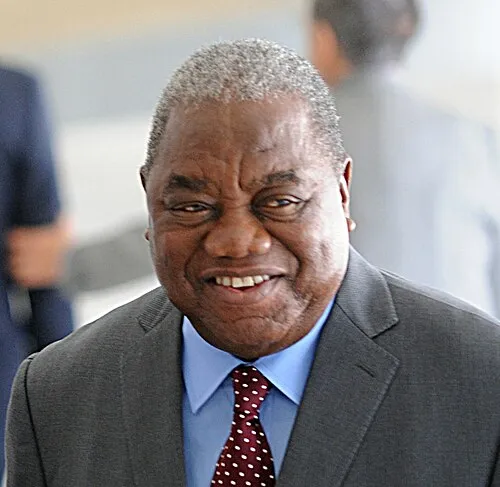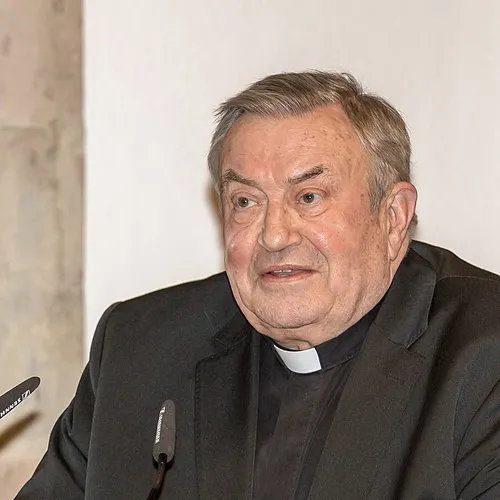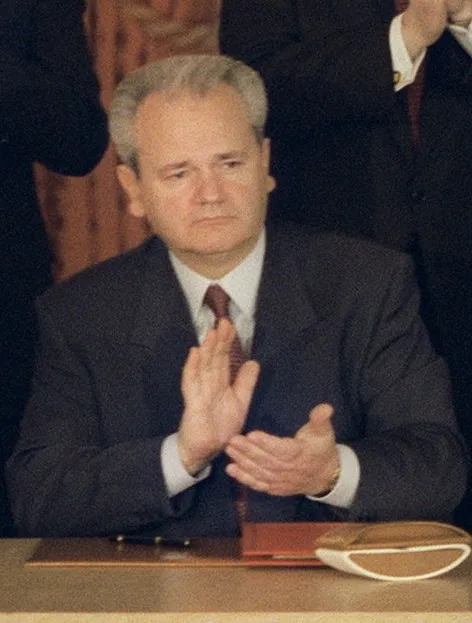In 2023, the Burmese military committed a tragic atrocity known as the Pinlaung massacre in Shan State, Myanmar, resulting in the deaths of at least 30 villagers, including three Buddhist monks. This incident highlights the ongoing violence and human rights violations in the region, drawing international attention to the military's brutal actions against civilians.
On March 11
7
Important Days
42
Important Events
211
Births and Deaths
recorded.
Holidays and Occasions
Events
Births and Deaths

The Life and Influence of Albert of Agen in Christian History
Albert of Agen, a remarkable figure from the early Christian church, played a significant role in shaping the religious landscape of his time. Born during the late 6th century, Albert became renowned for his steadfast faith and contributions to the Christian community, primarily in the region of Agen, France...

Constantine: The Byzantine Emperor Who Changed the Course of History
Constantine the Great, born in 272 AD, was a pivotal figure in history, renowned for his role in the establishment of Christianity as the dominant religion of the Roman Empire and for founding the city of Constantinople. His reign is marked by significant military victories and profound social changes that shaped the future of Europe...

Óengus of Tallaght: Life, Legacy, and Veneration of the Irish Saint
Óengus of Tallaght, also known as St. Óengus, is a significant figure in Irish spirituality and history...

Sophronius of Jerusalem: A Pillar of Early Christian Orthodoxy
Sophronius of Jerusalem, a prominent figure in the early Christian Church, played a crucial role in the theological debates of the 7th century. Known for his staunch defense of the Orthodox faith, Sophronius was not only a theologian but also a poet and a church leader who left an indelible mark on Christian history...

Vindicianus: Unveiling the Legacy of a Roman Contender
Vindicianus is a name that may not resonate with many, yet it holds a significant place in the annals of history, especially during the tumultuous times of the late Roman Empire. This article delves into the life, actions, and historical context of Vindicianus, unearthing insights that contribute to our understanding of this fascinating figure...

The Significance of Lithuania's Day of Restoration of Independence (March 11, 1990)
March 11, 1990, marks a pivotal moment in Lithuania's history as it declared independence from the Soviet Union, establishing the nation as a democratic state. This day is celebrated annually as the Day of Restoration of the State of Lithuania and remains a powerful symbol of national pride, perseverance, and resilience...

Moshoeshoe Day: Celebrating Lesotho's Heritage and Unity
Every year, on the 11th of March, Lesotho commemorates Moshoeshoe Day, a national holiday honoring the founding father of the Basotho nation, King Moshoeshoe I. This day is not just a celebration of the past but an affirmation of the enduring spirit and heritage of the Basotho people...

































